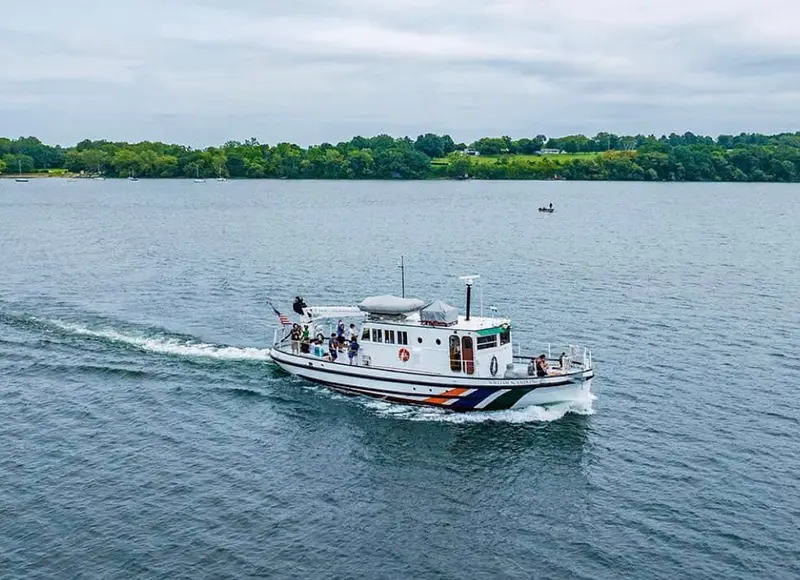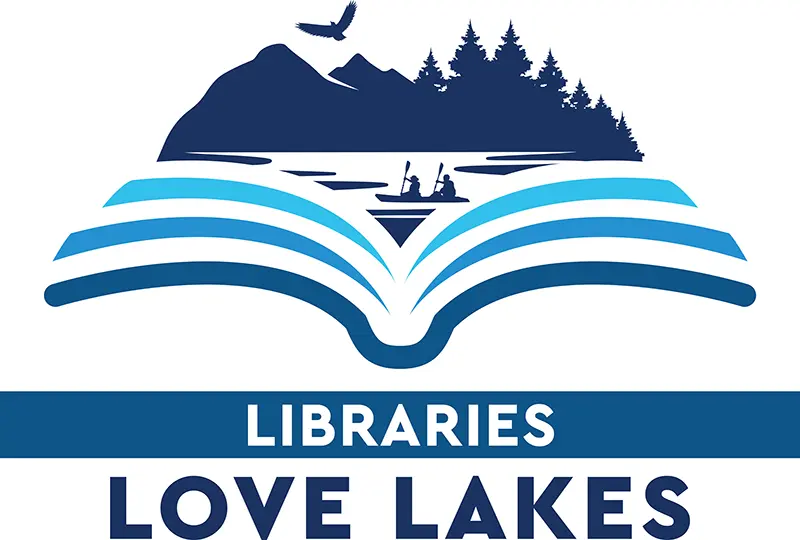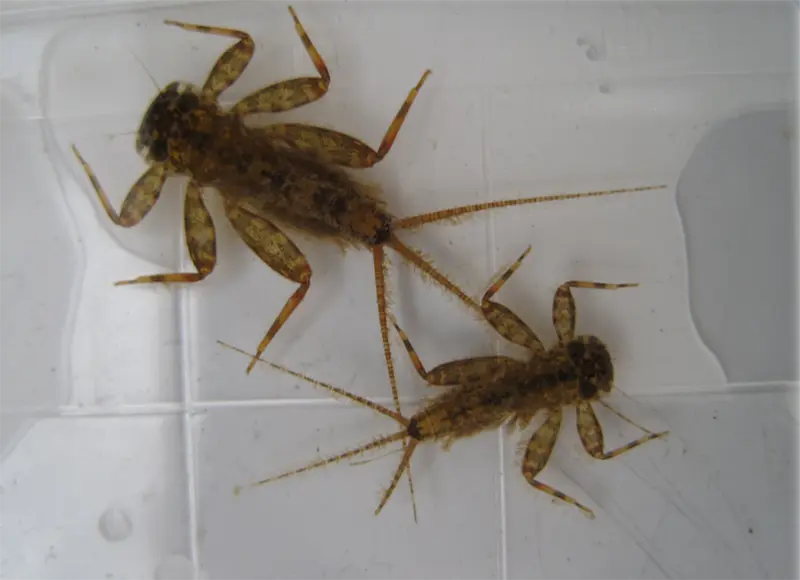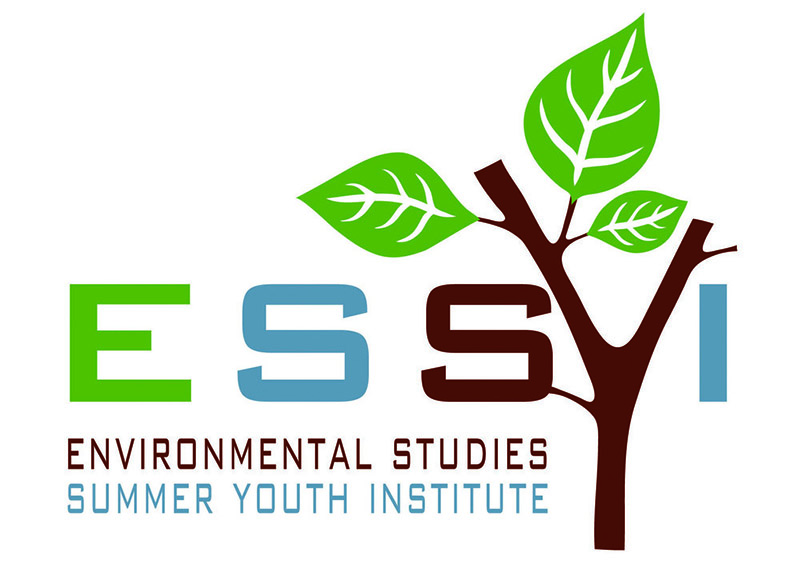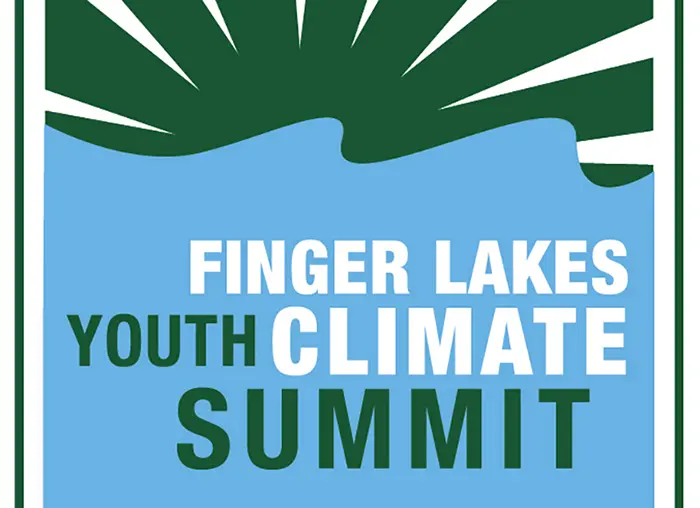Education
Tuesday, March 3, 2026
12 - 1 p.m.
Event is free, must register to receive meeting link
Register here
Science on Seneca Teacher Training (FREE)
Saturday, May 2, 2026
8:30 a.m. - 2 p.m.
Please contact Barb Halfman to register at bhalfman@hws.edu.
The goals of our educational programs are to:
- Develop innovative curricular material, resources and educational opportunities for K-12 students and teachers
- Offer professional development programs for teachers and other educators
- Host school groups and participating students involved with Science on Seneca (SOS) and other outreach programs
- Provide educational opportunities for Hobart and William Smith students
- Contribute curriculum to K-12 schools through participation in school advisory boards and committees
More Information
For more information, contact Education Program Manager Nadia Harvieux at harvieux@hws.edu.

